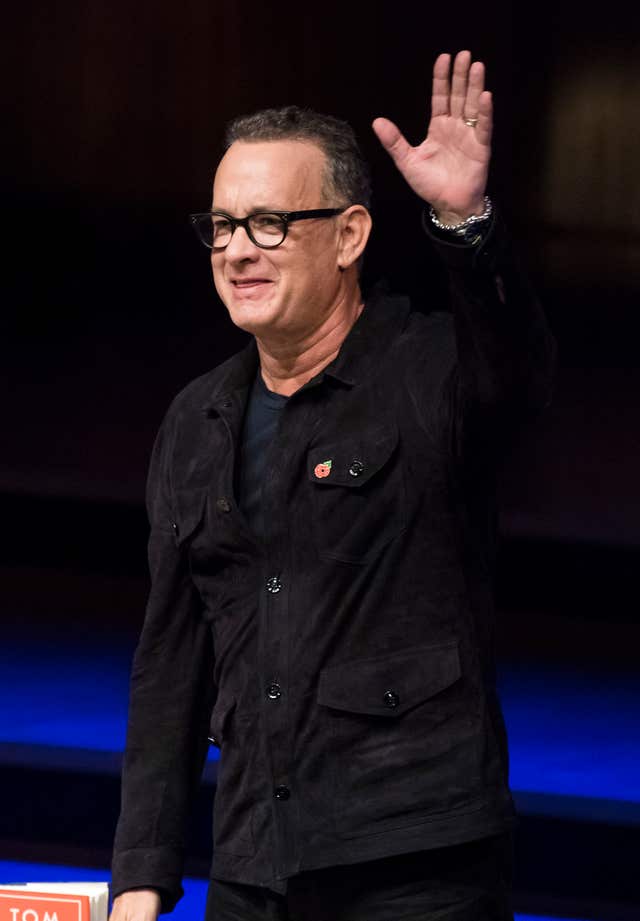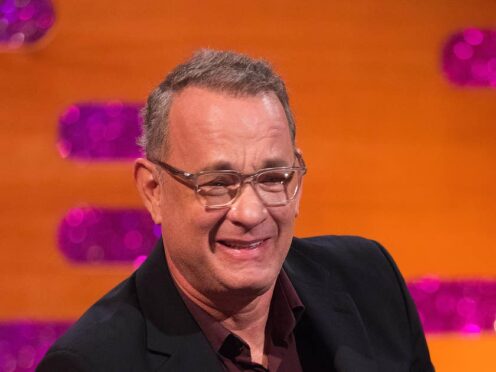Tom Hanks has said he could not now make Philadelphia, in which he played a gay man dying of Aids.
The Hollywood actor, 65, played lawyer Andrew Beckett in the 1993 film, a man who is fired from his job after his bosses discover his sexuality.
Speaking to The New York Times Magazine, he said: “Let’s address, ‘Could a straight man do what I did in Philadelphia now?’ No, and rightly so.
“The whole point of Philadelphia was: don’t be afraid. One of the reasons people weren’t afraid of that movie is that I was playing a gay man.
“We’re beyond that now, and I don’t think people would accept the inauthenticity of a straight guy playing a gay guy.”

Hanks described both Philadelphia, for which he won an Oscar in 1993, and 1994 comedy-drama Forrest Gump, where he played a man with disabilities, as “timely movies, at the time, that you might not be able to make now”.
Hanks was speaking during an interview to promote the new Elvis Presley biopic, in which he plays the late rock and roll star’s manager, Colonel Tom Parker.
High-profile examples of straight performers playing LGBT characters include Rami Malek’s Oscar-winning portrayal of Freddie Mercury in Bohemian Rhapsody and Taron Egerton’s turn as Sir Elton John in Rocketman.
Last year, acclaimed British screenwriter Russell T Davies said straight actors should not play gay characters on screen.
Amid the debate over who should be allowed to play what roles, Davies compared a straight actor playing a gay character to black face.
